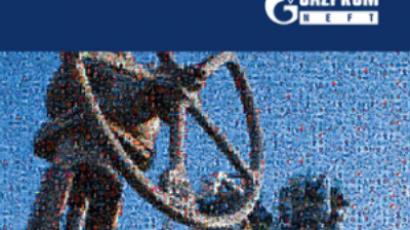State looks to soften up the hard road ahead with more spending
Russia will spend an additional $13 billion to rebuild its roads as a way to get out of the financial crisis. It's an idea used during the Great Depression by the US and also resembles China’s current stimulus package.
Slippery in winter, bumpy in summer – these are the Russian roads. But Government spending to help alleviate the financial crisis could help sort out this old-age misery.
The Western High-Speed Circular in Saint-Petersburg – the first toll road in Russia – is one example. Prime Minister Putin believes it won’t remain the only one.
“Despite our difficulties we will increase the budget for road building by 100 billion Roubles to 550 billion Roubles this year. This anti-crisis measure will help create new jobs and lay the infrastructure ground for the post-crisis development of the country.”
But with private investors slashing spending and Government budget revenues shrinking, Metropol Analyst, Mikhail Pak, wonders where will the State get the money from?
“The state doesn’t have clear understanding of what revenues it will get in the coming years, because the main revenue driver for the budget is oil exports and now we see that oil price is down, the state is revising its budget downwards. They don’t understand which source of financing they would have to finance these transport projects.”
But falling demand on the construction market means that prices for building materials are likely to go down. They have already fallen by 40% since their heights in 2008. But even that doesn’t seem to be enough.
The fourth Moscow ring road is designed to spread the burden of traffic on the capital’s roads. Its being hit by funding shortages, when construction of one kilometre of the ring costs twice as much as a kilometer of the Big Hadron Collider. A combination of state capital and private cash could be a way out. But all roads in Russia belong to the State and there is still no legislation on public-private partnership.













